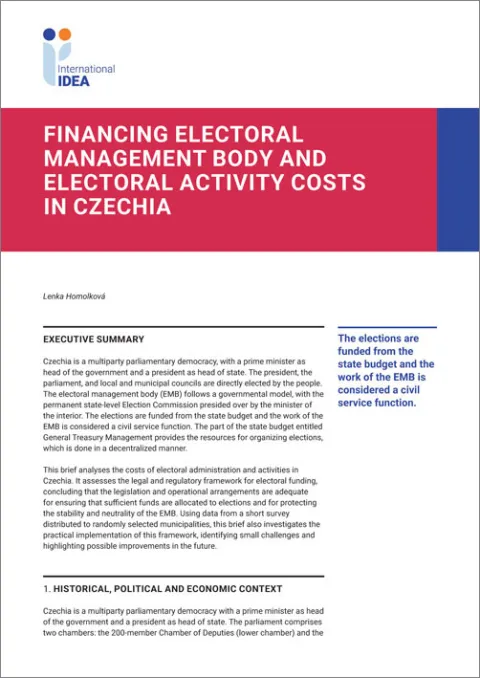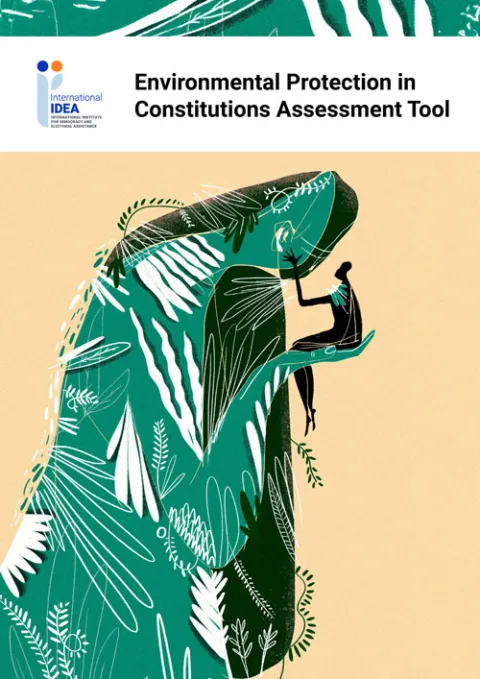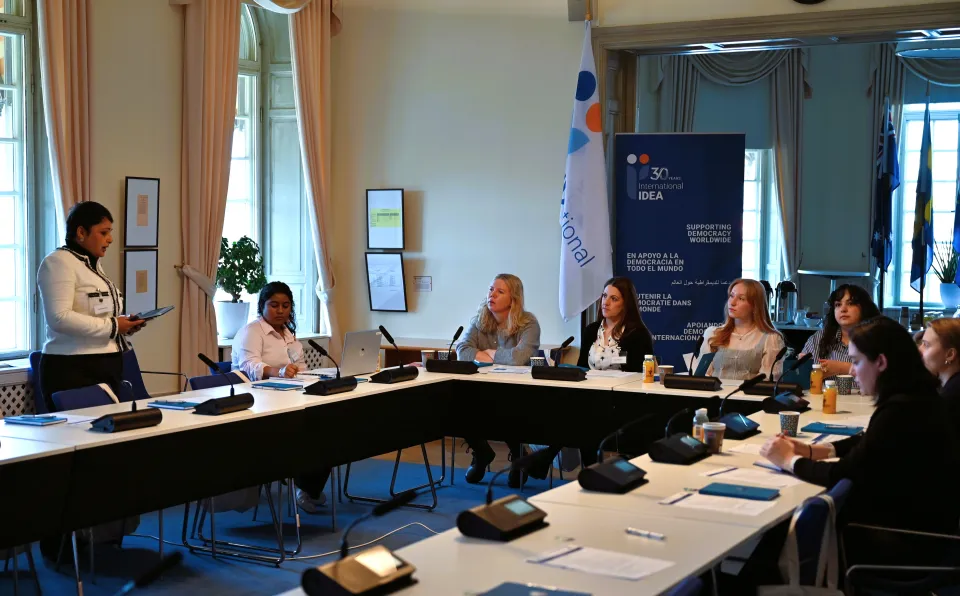The African Union has developed a comprehensive mandate that encompasses the creation, protection and support of democracy in its member states.
Since 2000 the AU has continuously expanded its mandate in the field of democracy support, and developed new mechanisms to fight unconstitutional changes of government and support the establishment of democratic institutions.


